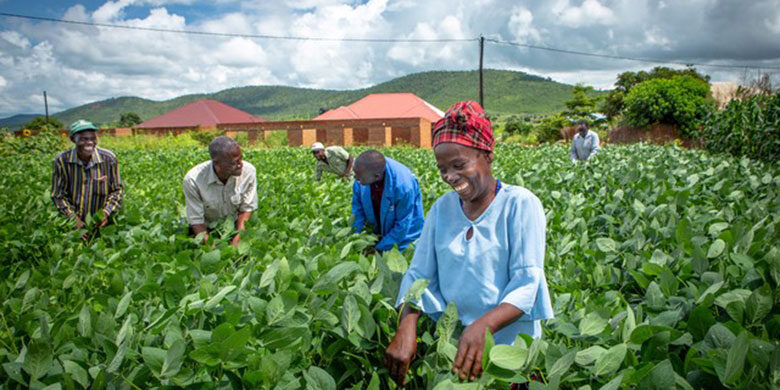Strengthening Ghana’s Agricultural Sector: A Strategic Investment Plan for Sustainable Growth and Development
The Medium Term Agricultural Sector Investment Plan (METASIP II) for 2014-2017 aligns with the Ghana Shared Growth and Development Agenda (GSGDA II) and adheres to the Maputo and Malabo declarations, which advocate for a minimum of 10 percent of the national budget to be allocated to agriculture. The plan aims for a GDP growth rate of at least 6 percent during its implementation period, contributing to the Sustainable Development Goals.
Key Focus Areas and Challenges
METASIP II emphasizes Accelerated Agriculture Modernization and Sustainable Natural Resource Management to enhance productivity, job creation, income levels, and food security. Despite the agricultural sector being the largest employer in Ghana (44% of the workforce), it faced challenges during the previous plan period (2010-2013), achieving only a 3.4 percent average annual growth rate.
Identified issues include:
- Low yields of staple crops and high post-harvest losses
- Poor agricultural value chain management
- Limited mechanization and technology adoption
- Inadequate investment and access to finance for smallholder farmers
- Dependence on rainfed agriculture
To tackle these challenges, METASIP II includes six programs focused on management, food security, income growth, marketing, land management, and technological advancement. Cross-cutting issues like climate change, gender equality, and health are integrated into all initiatives.
Implementation Strategy
Implementation will involve collaboration among various ministries and agencies, with a focus on inter-ministerial cooperation. The plan includes a communication strategy to ensure all stakeholders are informed about its objectives and activities.
The estimated cost for implementing METASIP II is approximately GH₵1.615 billion over four years, requiring significant contributions from both public funds and private sector investments.




